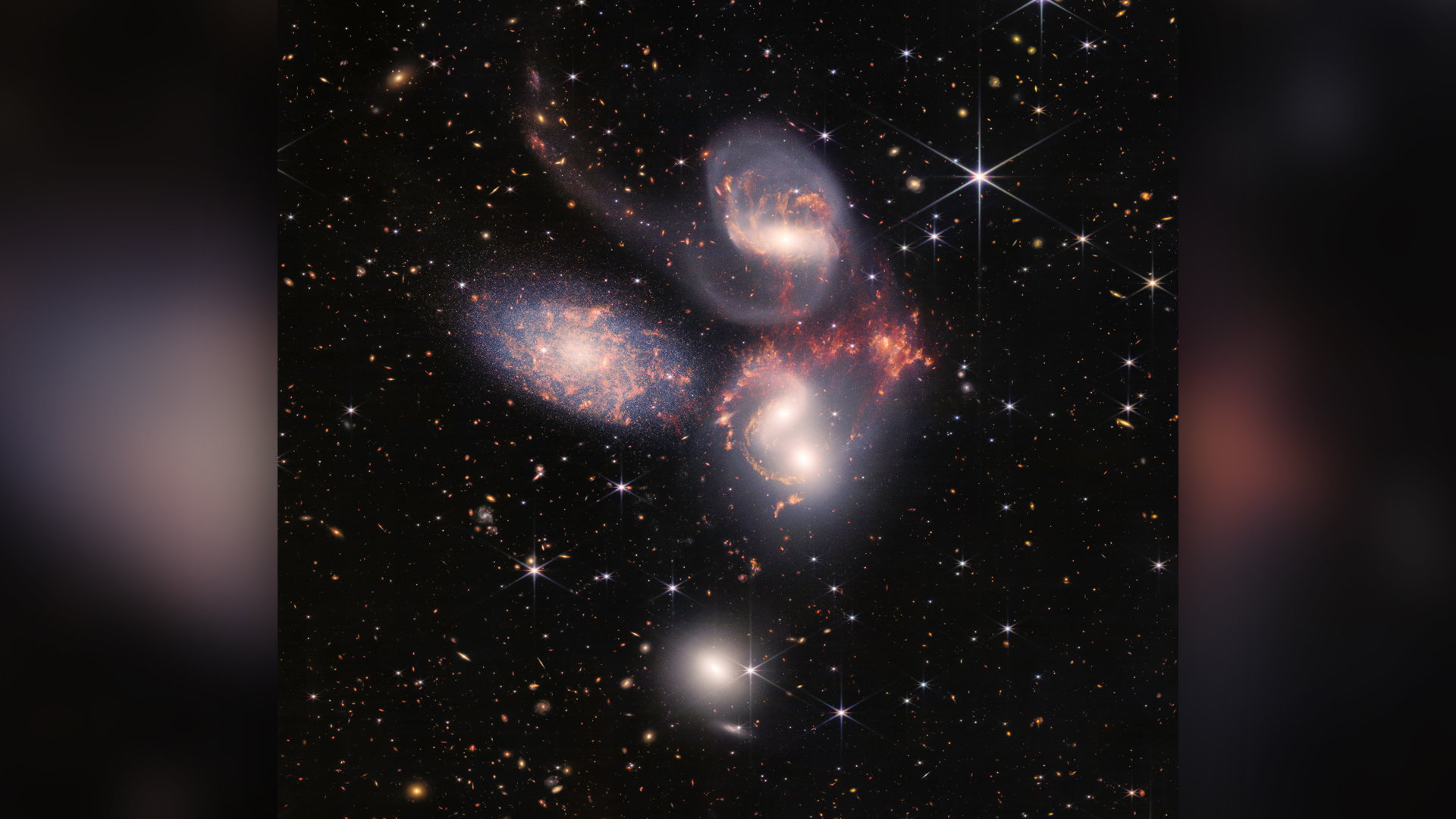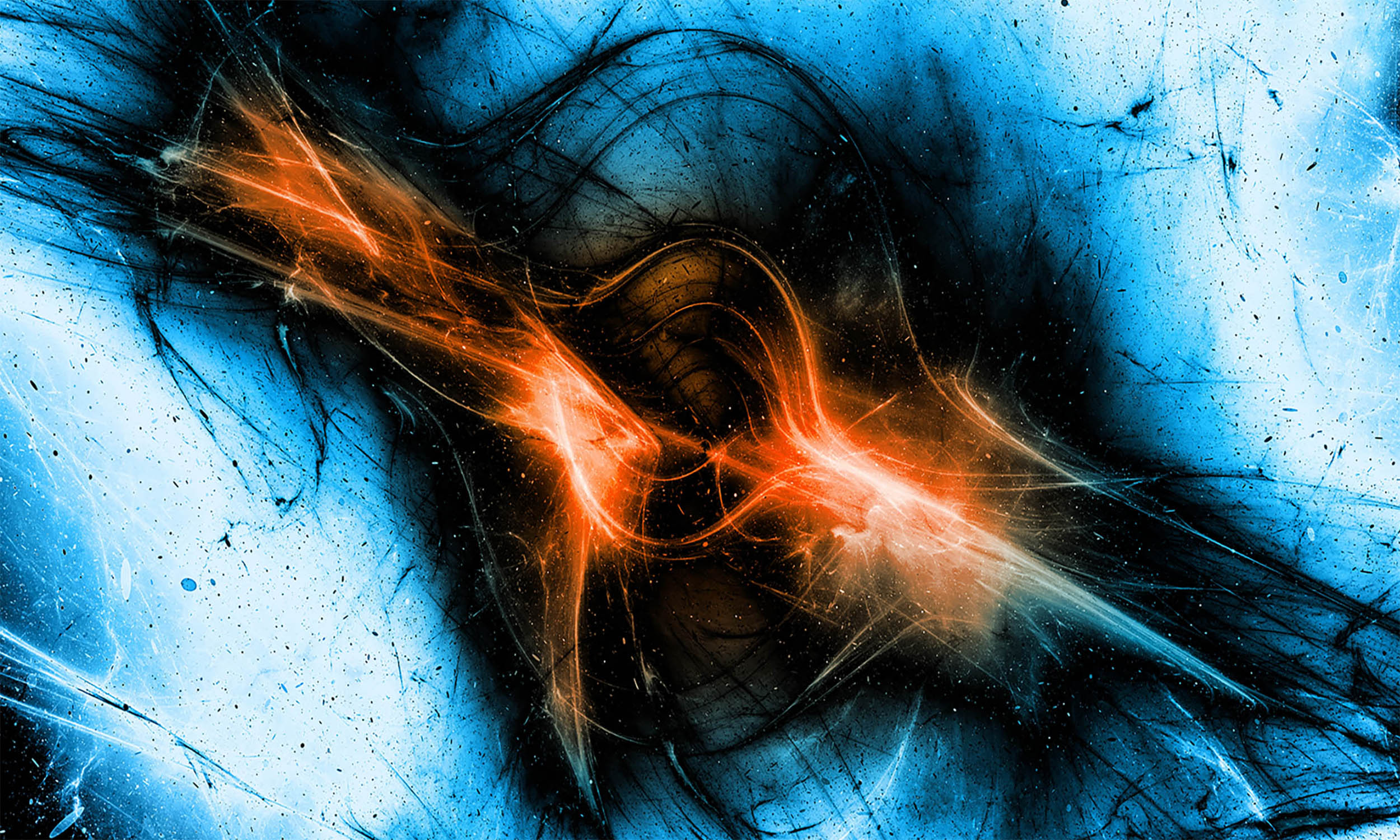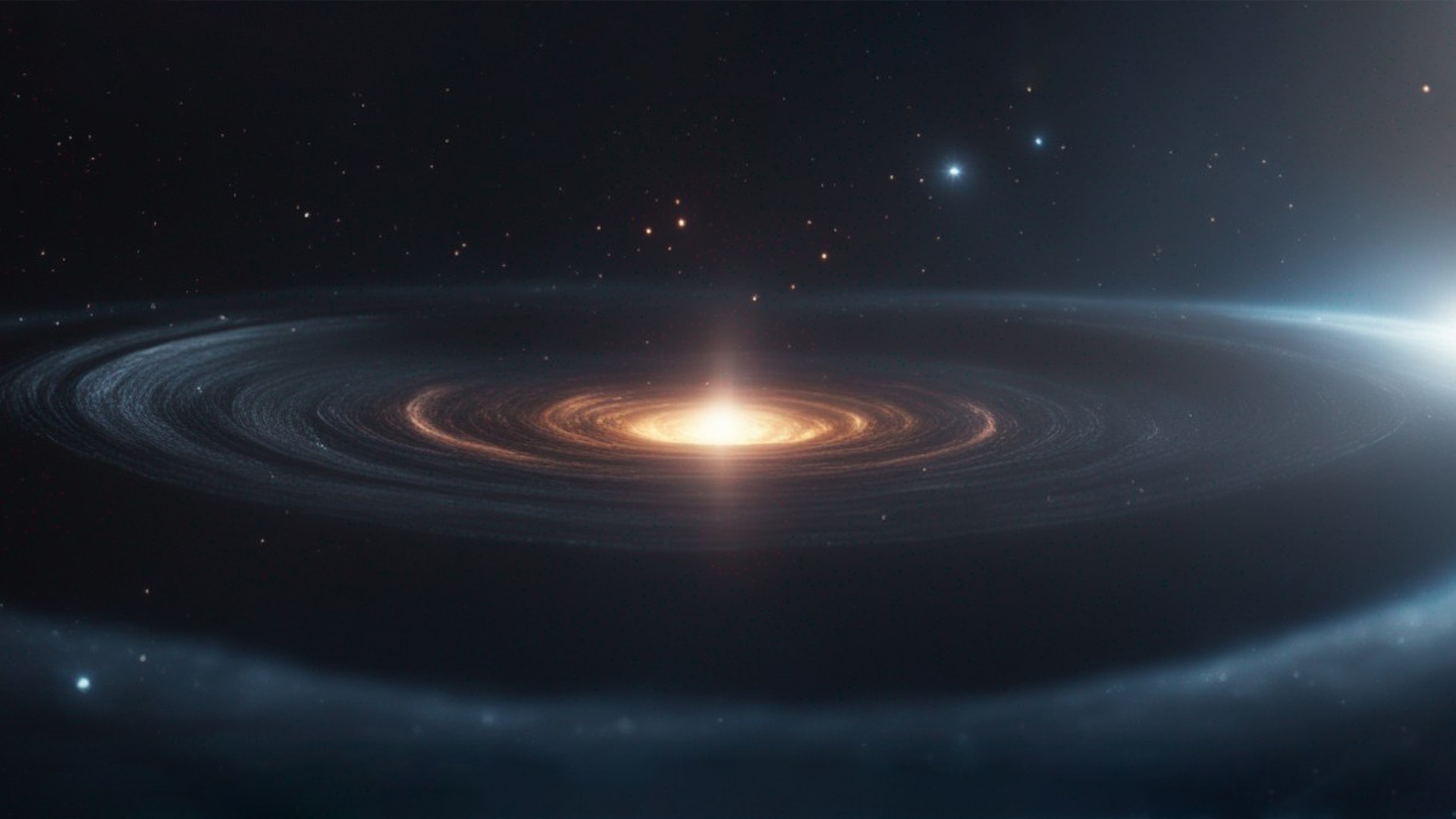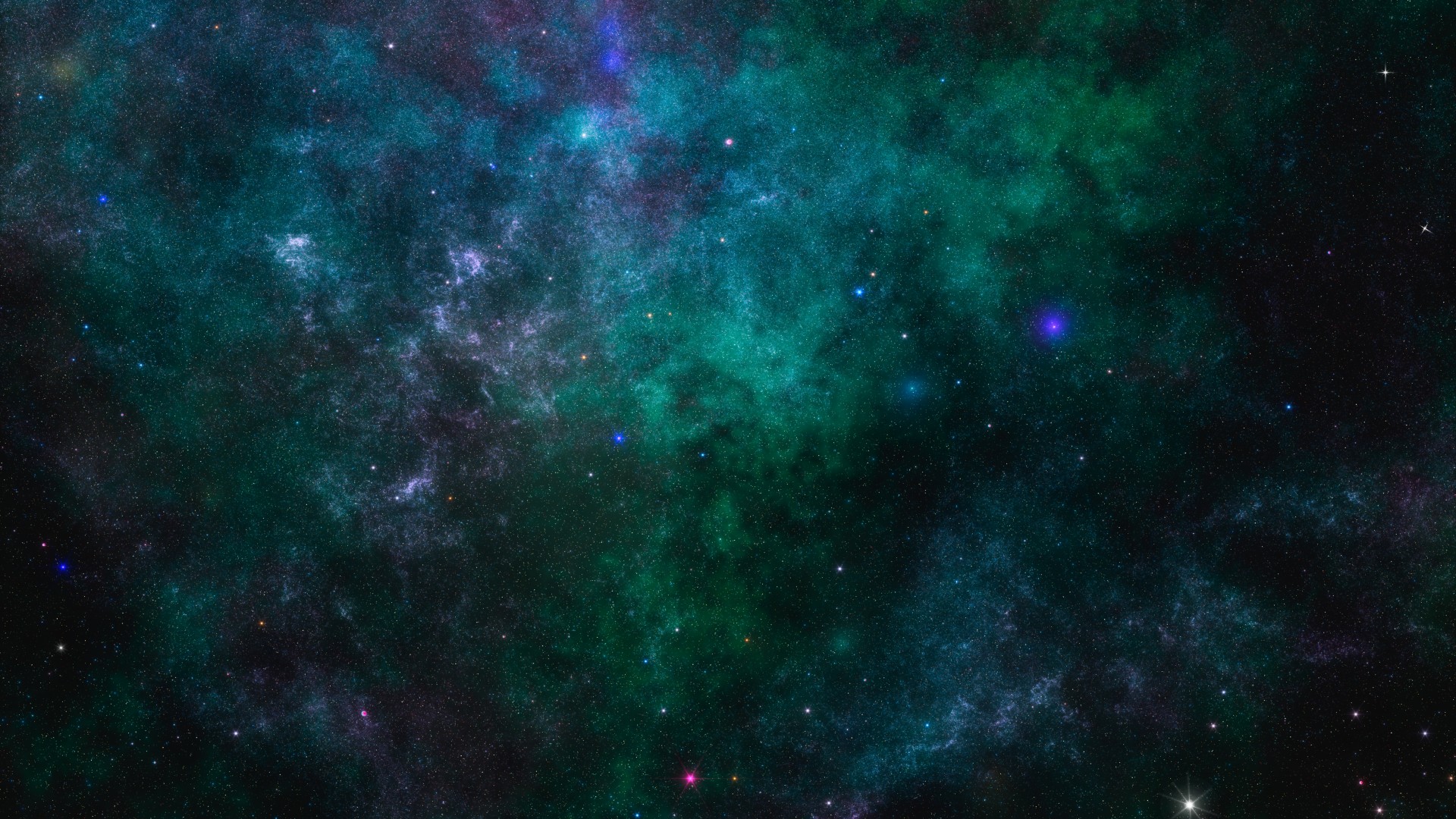Ordinary matter, also called baryonic matter, consists of protons, neutrons, and electrons. This is the material that emits or absorbs radiation, allowing telescopes to observe stars, nebulae, and galaxies. From the largest galaxy cluster to the smallest grain of dust, everything visible belongs to this category. Yet despite its familiarity, this matter represents only a sliver of the cosmos. It …
Read More »Tag Archives: Universe
James Webb telescope discovers ‘exceptionally rare’ 5-galaxy crash in the early universe
Astronomers have discovered an incredibly rare system in which at least five galaxies from the early universe are merging — just 800 million years after the Big Bang. The remarkable discovery was made using data from the James Webb Space Telescope (JWST) and the Hubble Space Telescope. Galaxy mergers play a key role in galaxy formation in the early universe. …
Read More »Is the universe infinite? Scientists reveal how vast it really is..
One of the strongest indicators of this limit is the cosmic microwave background radiation, faint afterglow from the Big Bang. It was released when the Universe was just 3,80,000 years old, before which matter and energy were too tightly coupled for light to travel freely. Today it appears across the entire sky at a temperature of 2.7 degrees above absolute …
Read More »Study: Dark matter doesn’t exist, the universe is 27 billion years old
The universe feels simple at first glance: stars, gas, dust, and the gravity that binds it all. Then you look more closely and realize that nothing could be farther from the truth. For decades, the standard picture has said that most of what is out there is not what we can see. It is a mix of ordinary matter and …
Read More »Ripples from the Big Bang could transform our understanding of the universe — and we may be close to detecting them
When you buy through links on our articles, Future and its syndication partners may earn a commission. Cosmologists think that in the first few moments of the Big Bang, the universe grew by multiple orders of magnitude. | Credit: Daniel Rocal – PHOTOGRAPHY/Getty Images Deep in the first moments of the Big Bang, the entire cosmos shook and rumbled. Those …
Read More »Ripples from the Big Bang could transform our understanding of the universe — and we may be close to detecting them
Deep in the first moments of the Big Bang, the entire cosmos shook and rumbled. Those quakes still reverberate to the present day. It will take the most sensitive instruments ever imagined to reveal those ripples, but if they are discovered, they will change our understanding of the entire universe. In 1916, Albert Einstein discovered that his theory of general …
Read More »Professor Emeritus Rainer Weiss, influential physicist who forged new paths to understanding the universe, dies at 92 | MIT News
MIT Professor Emeritus Rainer Weiss ’55, PhD ’62, a renowned experimental physicist and Nobel laureate whose groundbreaking work confirmed a longstanding prediction about the nature of the universe, passed away on Aug. 25. He was 92. Weiss conceived of the Laser Interferometer Gravitational-Wave Observatory (LIGO) for detecting ripples in space-time known as gravitational waves, and was later a leader of …
Read More »"Shocking Spiral Secret": Webb Telescope Shows 60% Galaxies Turning Clockwise, Stirring Alarming Theory of Universe Inside Black Hole – Rude Baguette
“Shocking Spiral Secret”: Webb Telescope Shows 60% Galaxies Turning Clockwise, Stirring Alarming Theory of Universe Inside Black Hole Rude Baguette New space discoveries: Is an alien probe headed our way? Are we living inside a black hole? Central Oregon Daily All most shocking discoveries of the James Webb telescope since beginning of its operation MSN “Terrifying Cosmic Trap”: Kansas State Researchers Reveal Galaxies …
Read More »“Terrifying Cosmic Trap”: Kansas State Researchers Reveal Galaxies Spinning Clockwise, Fueling Explosive Theory of Universe Inside Black Hole
IN A NUTSHELL 🔭 Researchers discovered a significant pattern in the rotational direction of ancient galaxies using the James Webb Space Telescope. 🌀 Approximately 60% of these galaxies rotate clockwise, challenging the previous belief of random galactic rotations. 🌌 A bold hypothesis suggests that our universe might be trapped within a massive black hole. 🔍 Alternative explanations consider observational bias, …
Read More »One of the earliest galaxies in the universe was rich in oxygen. Could it mean life evolved earlier than we thought?
A monster galaxy from the early universe shows that the cosmos was rich with oxygen when it was only less than 3% of its present age, astronomers have found. The discovery raises questions about how early life could have first appeared in the universe. This isn’t the first time astronomers have looked at that enigmatic galaxy, named JADES-GS-z11-0. It was …
Read More »







